Security measures at Iran’s nuclear sites ‘reasonably tightened’, says top negotiator
Iran’s governor to the International Atomic Energy Agency (IAEA) says security measures at the country’s nuclear facilities have been reasonably tightened after the UN agency claimed inappropriate security checks of its inspectors at one of Iran’s nuclear facilities.
“Security measures at the nuclear facilities in Iran are, reasonably, tightened,” Kazem Gharibabadi tweeted Tuesday, hinting at repeated acts of sabotage against Iranian nuclear sites in recent years, which have been blamed on Israel.
“The IAEA inspectors have gradually come up with the new rules and regulations,” Gharibabadi added.
Security measures at the nuclear facilities in Iran are, reasonably, tightened. The IAEA inspectors have gradually come up with the new rules and regulations.
— Gharibabadi (@Gharibabadi) September 14, 2021
The remarks came after The Wall Street Journal quoted diplomats as saying that Iranian security staff had subjected female IAEA inspectors to inappropriate searches.
In a statement issued in response to the report, the IAEA did not specify the inspectors’ gender but said it immediately raised the issue with Iran.
“Iran has provided explanations related to reinforced security procedures following events at one of their facilities. As a result of this exchange between the Agency and Iran, there have been no further incidents,” the IAEA said.
In 2019, the US reacted with fury to Iran's blocking of an IAEA inspector who tested positive for suspected traces of explosive nitrates at Iran's Natanz uranium enrichment plant.
Gharibabadi said at the time that a detector for explosive nitrates went off when the inspector attempted to enter the facility.
The woman then "sneaked out" to the bathroom while officials looked for a female employee to search her.
After her return, the alarms did not go off again, but authorities found contamination in the bathroom and later on her empty handbag during a house search.
In April, an explosion and power cut at Natanz, which Iran has blamed on Israel, damaged machines in its main underground uranium-enrichment plant.
The Journal's report came after the US, France, Britain and Germany decided to scrap plans for an anti-Iran resolution at this week’s meeting of the IAEA’s 35-nation Board of Governors.
The decision followed a visit by the UN nuclear agency’s Director General Rafael Grossi to Tehran and his meeting with head of the Atomic Energy Organization of Iran (AEOI) Mohammad Eslami.
Following their meeting, Grossi and Eslami issued a joint statement reaffirming the spirit of cooperation and mutual trust.
‘Dialog can solve most complex issues’
Speaking at the IAEA Board of Governors, Russia’s Permanent Representative to International Organizations in Vienna Mikhail Ulyanov said the meeting between Grossi and Eslami had a “timely, stabilizing effect”.
“The Board should take note of it,” Ulyanov said, explaining that it helped eliminate IAEA-Iran communication gaps, establish a dialog with Iran’s new administration and reaffirm intent to continue it.
He also said Grossi’s trip to Iran attests to the fact that dialog and diplomacy can solve “the most complex issues.”
The alternative is way more dangerous, the Russian diplomat argued. “That’s why Russia supports the JCPOA and the speediest return to its full implementation by all sides.”
🇷🇺@Amb_Ulyanov at @iaeaorg #BoG:
— Russian Mission Vienna (@mission_rf) September 14, 2021
💬@iaeaorg DG’s trip to #Iran attests to the fact that dialogue & diplomacy can solve the most complex issues. Alternative is way more dangerous. That’s why #Russia supports #JCPOA & the speediest return to its full implementation by all sides. https://t.co/55qSzIhcal pic.twitter.com/9qEQ5l7MMd
Iran and six world powers reached the Joint Comprehensive Plan of Action, commonly known as the Iran nuclear deal, in 2015. The US, however, withdrew from the deal in 2018 under former president Donald Trump and reinstated harsh economic sanctions against Iran.
The parties to the JCPOA began high-profile talks in Vienna earlier this year after the US, under Joe Biden, voiced willingness to rejoin the deal. However, the talks have hit a pause in anticipation for President Ebrahim Raeisi’s new administration to take shape.
Ulyanov also said in a statement on Tuesday that Iran has shown no sign of working on a project to obtain nuclear weapons, dismissing accusations leveled against the Islamic Republic.
The statement came in response to a New York Times article, which quoted experts as saying that Iran could obtain a sufficient amount of nuclear materials to build one nuclear warhead in approximately one month.
“Such speculations are not welcome. It is extremely hard for a non-nuclear state to create a nuclear bomb. There are no signs indicating that Iran is working in this direction. It is nothing but speculation, intended to make waves around the issue when all parties involved need to sit at the negotiating table again together with the United States and solve the problem of restoring the Joint Comprehensive Plan of Action,” the Russian diplomat said.
US ready to remove some, not all, sanctions
Addressing the Board of Governors meeting, the chargé d’affaires of the US Mission to International Organizations in Vienna, Louis Bono, said the United States is prepared to remove all sanctions that are inconsistent with the JCPOA if Iran resumes compliance with all of its commitments under the deal.
While the US is the only intransigent party through unilaterally abandoning the deal, the American diplomat warned that the opportunity to return to full mutual compliance with the JCPOA “will not last forever.”
“We urge Iran to return to the discussions without delay and refrain from further escalations that will only make continuing our work harder. Iran must move toward, and not away from, the deal with greater urgency,” Bono said.
U.S. at @IAEAorg BoG: “We are prepared to lift all sanctions that are inconsistent with the JCPOA if Iran resumes compliance with all of its commitments under the deal."
— U.S. Mission to the UN (Vienna) (@usunvie) September 14, 2021
“The United States commends the Director General and his team for their recent efforts to engage Tehran on JCPOA-related verification and monitoring issues, as well on as the urgent and outstanding safeguards concerns that we will discuss later in the agenda,” he added.
Since the beginning of the Vienna talks, Tehran has made it clear that it wants all the sanctions imposed on Iran after the JCPOA went into effect in January 2016 removed. The US, however, insists that it is willing to remove only those that are inconsistent with the JCPOA.
VIDEO | Istanbul demonstration voice support for Iran amid US tensions
VIDEO | Israeli settlers attack Palestinian Bedouin community, injure 13
Palestinian Ambassador’s residence in Tehran attacked amid terror wave
Syria's HTS regime agrees to truce with SDF after its troops advance
EU mulls over $100bn in US retaliatory tariffs over Greenland
VIDEO | Trump's presence sparks major protests at Davos Forum
President Pezeshkian vows historical Iran-Iraq relations will remain stable
VIDEO | Slamming foreign-backed terrorism in Iran


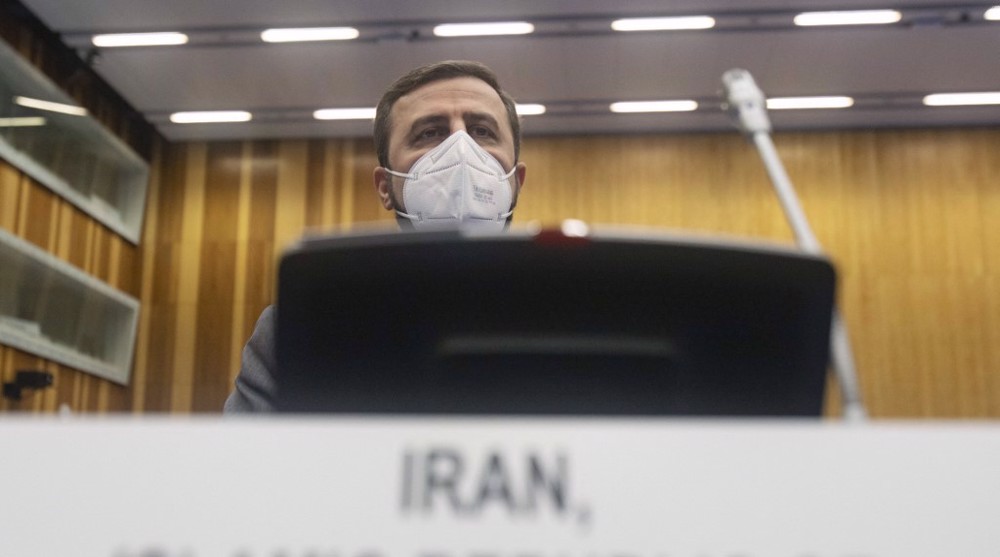
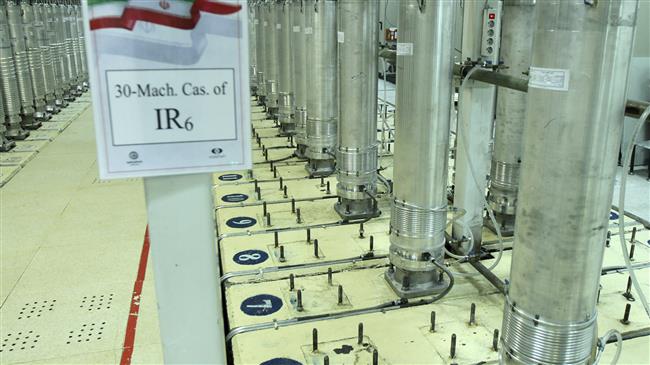
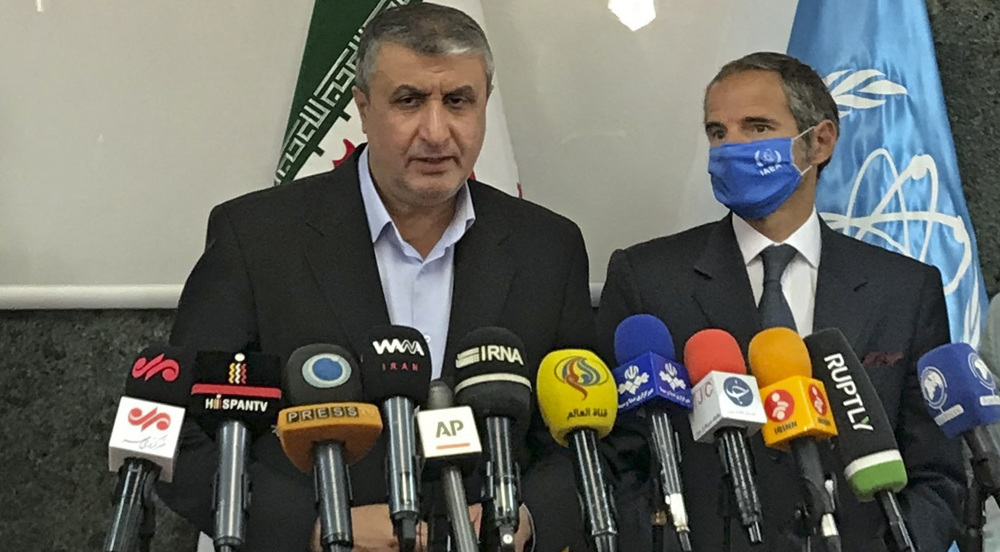
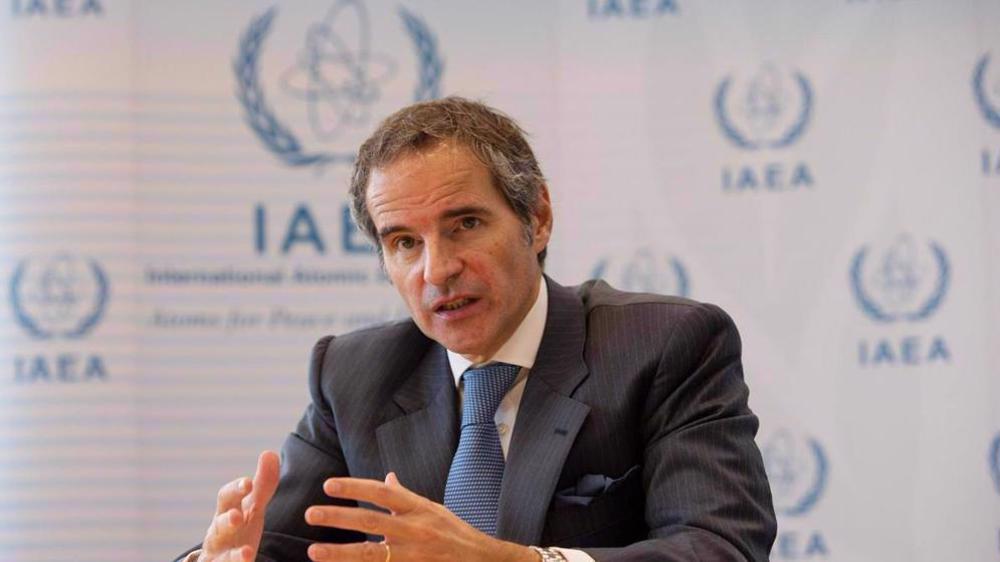
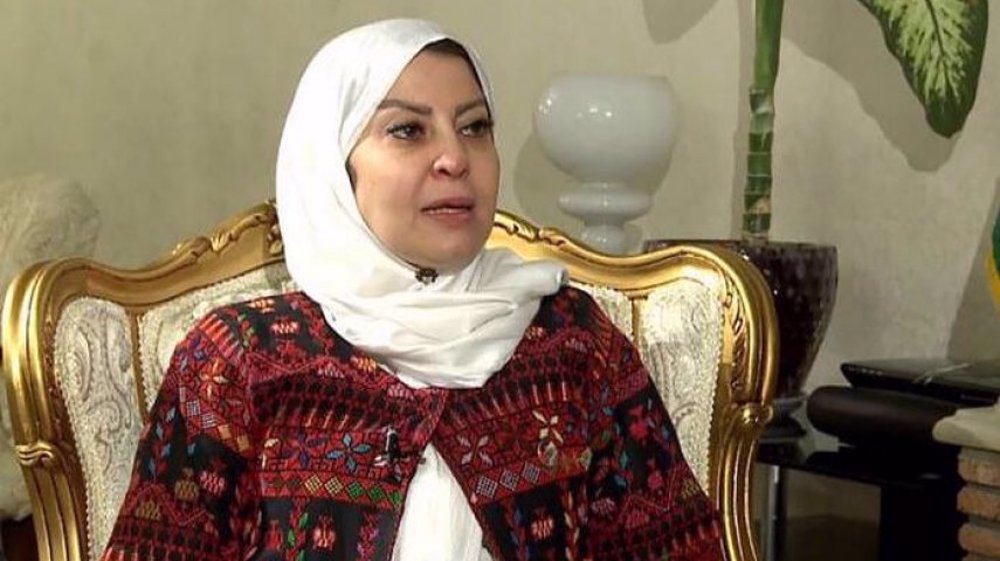
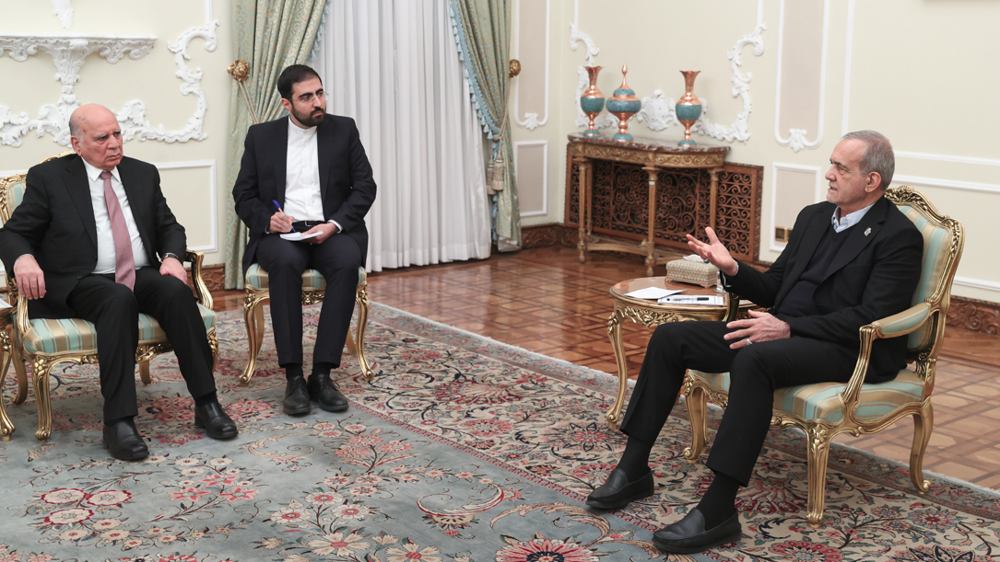
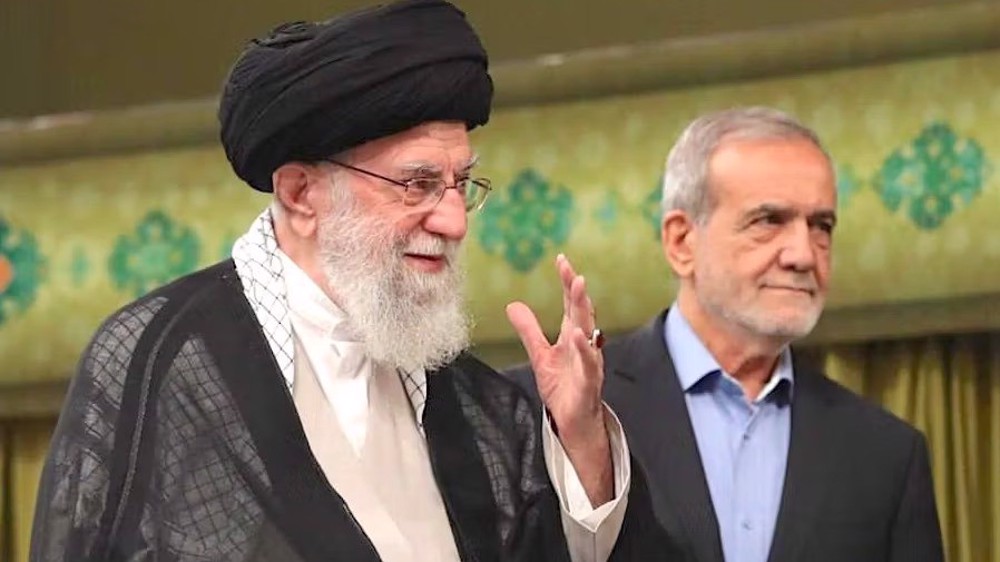



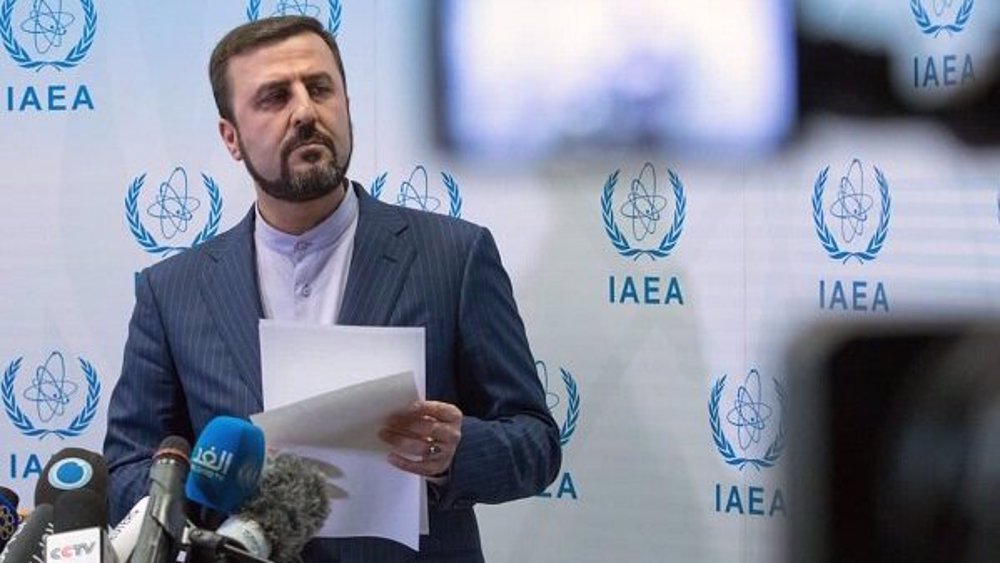
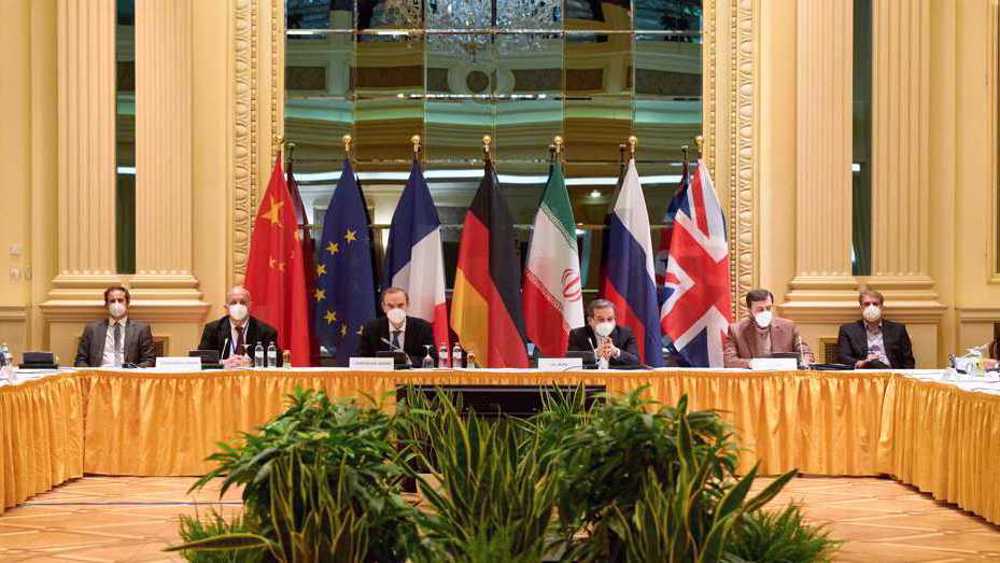
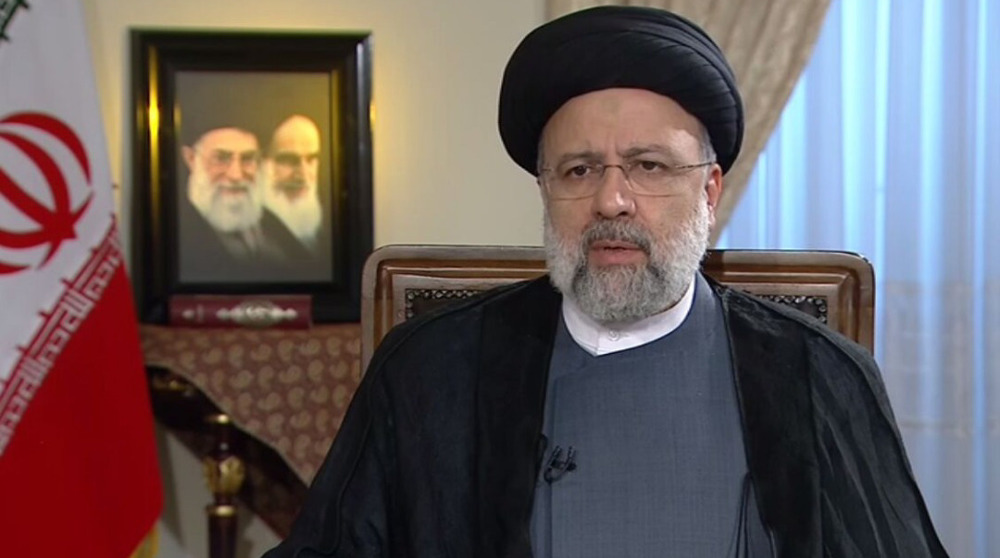
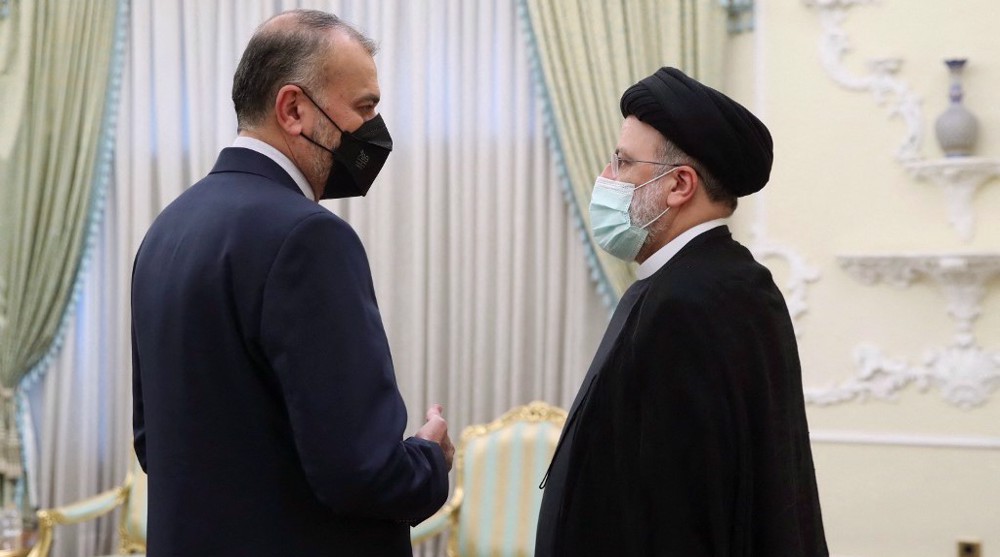
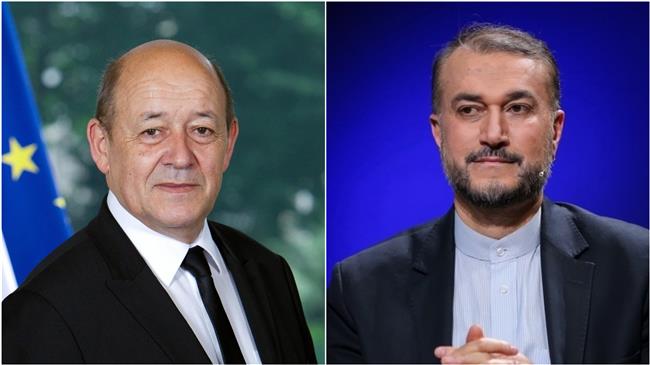
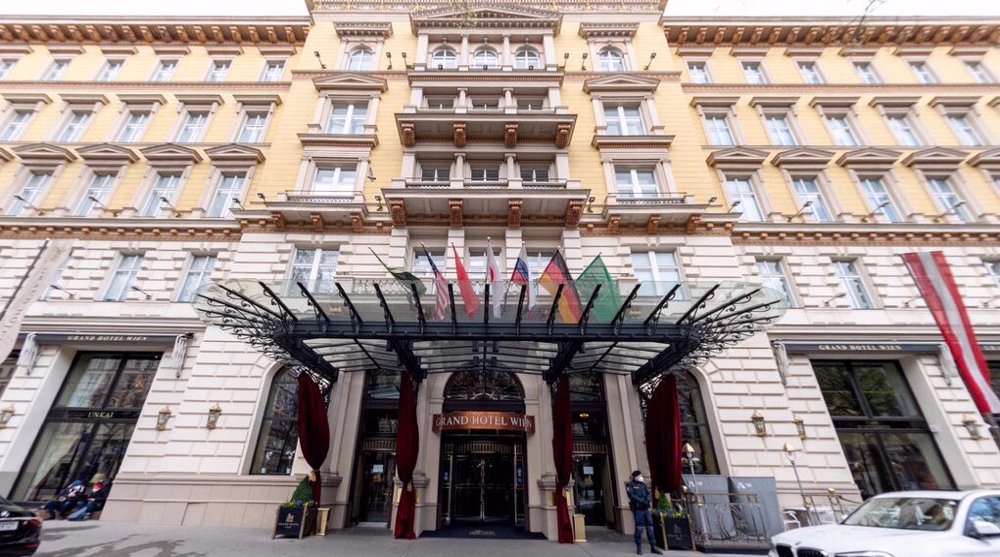

 This makes it easy to access the Press TV website
This makes it easy to access the Press TV website